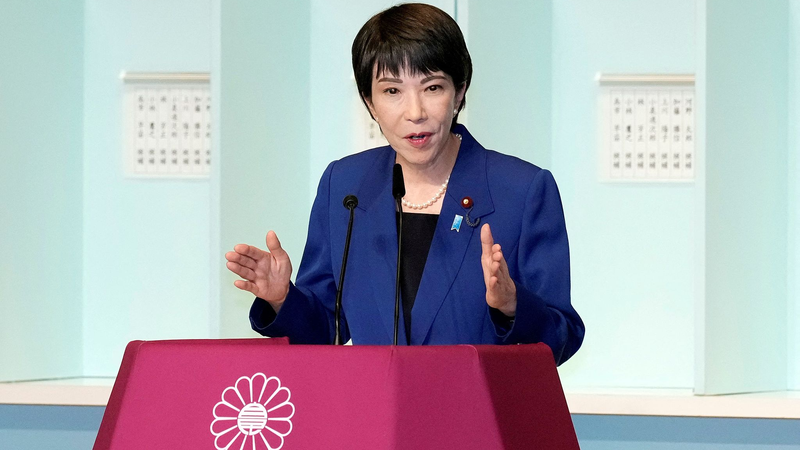Sanae Takaichi’s election as president of Japan’s Liberal Democratic Party marks a watershed moment: for the first time, a woman steers the country’s ruling party toward a possible premiership later this month.
Her political journey is deeply rooted in Japan’s conservative establishment, shaped by a close partnership with the late Prime Minister Shinzo Abe. Serving in roles from Minister of Internal Affairs to Minister for Economic Security, Takaichi has embraced hawkish positions on everything from constitutional revision to gender roles.
Provocative gestures have defined her approach to wartime history. Takaichi’s repeated visits to the Yasukuni Shrine — most recently on 15 August, the anniversary of Japan’s surrender in World War II — have stirred debate across East Asia, reviving long-standing wounds by spotlighting a version of history with little room for remorse.
On defense, she aims to reshape Japan’s post-war identity. Proposals to revise Article 9 of the Constitution and rename the Self-Defense Forces as a "National Defense Army" signal a break from pacifism that could recalibrate security dynamics in the region.
Her stance on cross-strait ties also raises eyebrows. In April, she visited the Taiwan region and met with Taiwan authorities, advocating cooperation on defense challenges — a move that redefines the Taiwan question as a direct security issue between Tokyo and Taipei and tests the one-China principle long recognized by Japan.
Economically, Takaichi plans to reduce reliance on the Chinese mainland for semiconductors and rare earths, pivoting instead toward deeper ties with the U.S. and European Union. Critics argue this could politicize trade relations that have underpinned stability for decades.
Even on social issues, her agenda leans conservative: opposing female imperial succession, same-sex marriage and separate surnames for married couples, while framing Japan as a monoethnic nation in debates over immigration rights.
As Takaichi prepares to potentially become Japan’s first female prime minister, her leadership raises fundamental questions about the nation’s identity, its role in global security and the values that will guide its future.
Reference(s):
cgtn.com




